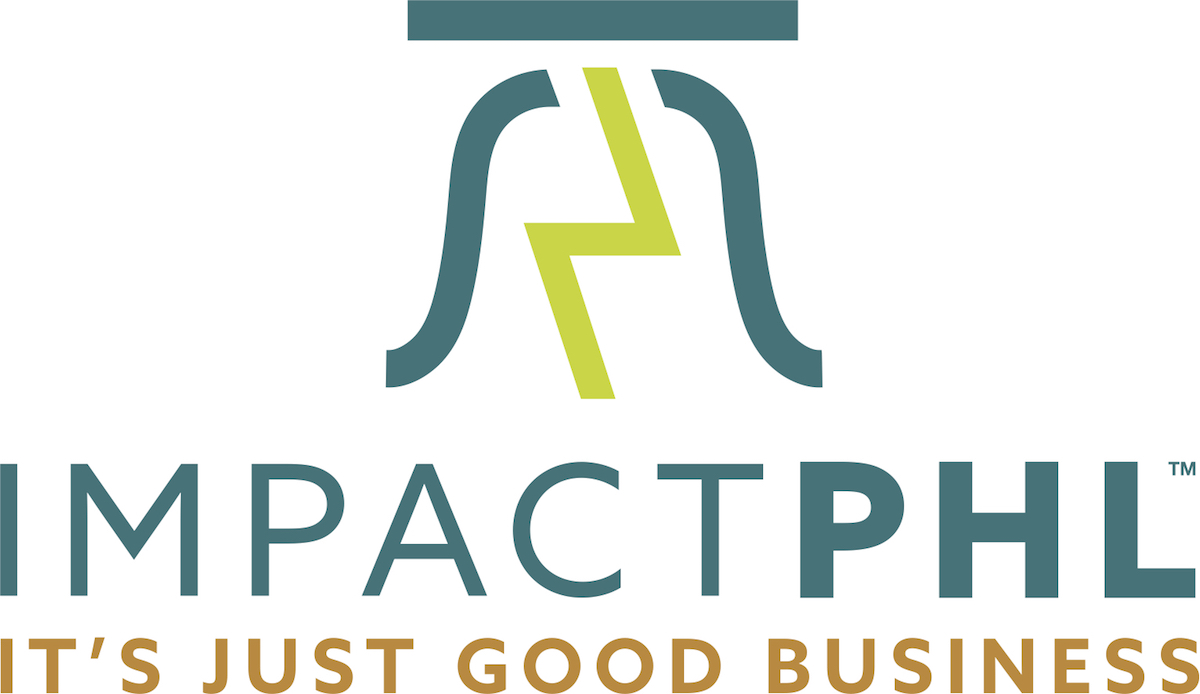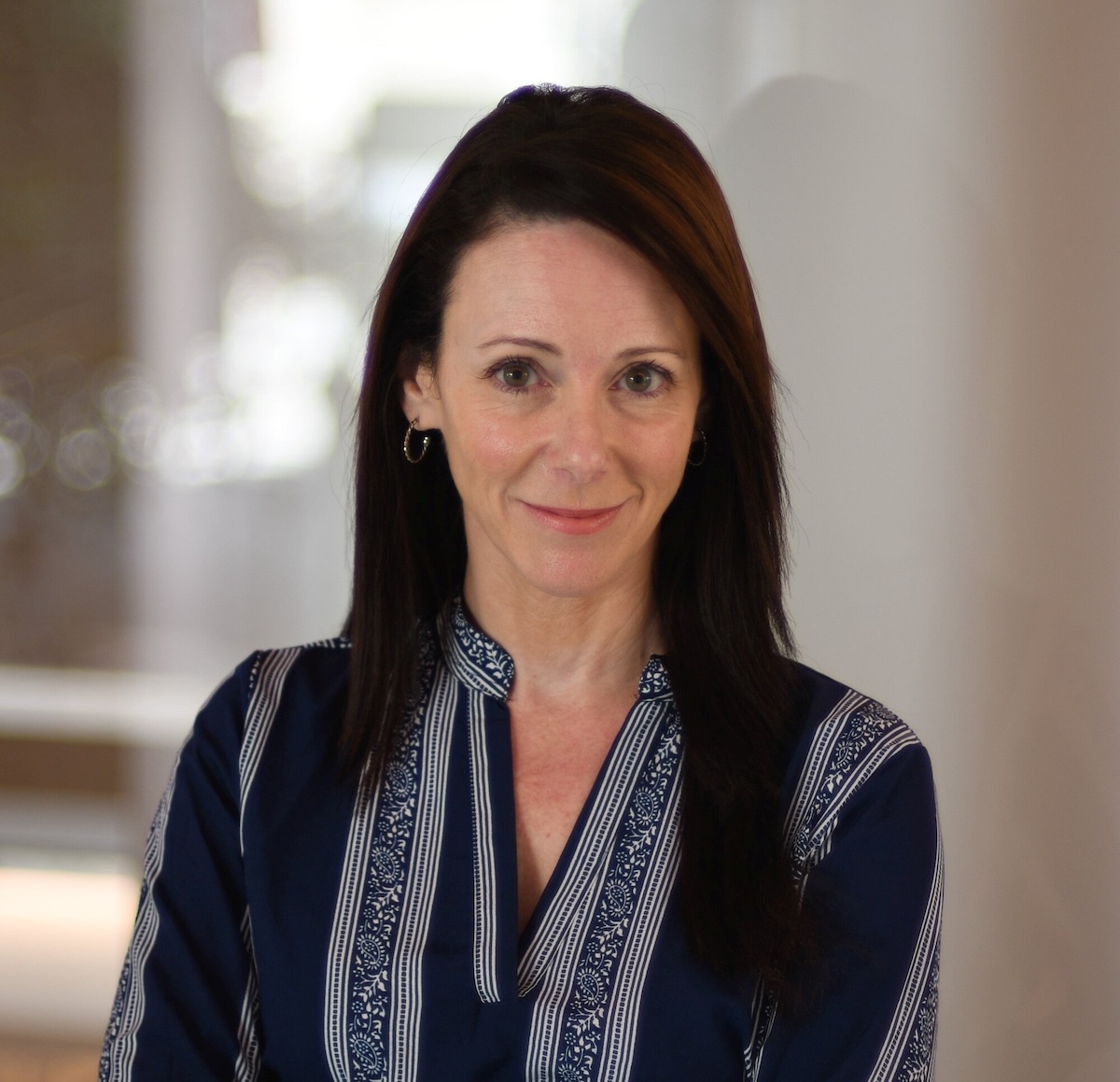If I’ve learned anything as an entrepreneur, it’s to listen to the data. And when it comes to capital access for female entrepreneurs, the numbers speak for themselves.
Consider this: Less than 5% of small business lending goes to women, despite the fact that about 1,800 new women-owned businesses join the United States economy each and every day. That’s roughly $1 for every $23 of lending available to small business owners. Women-owned businesses make up almost a third of all businesses in the country, but they receive just 16% of all conventional small business loans. More so, when low credit risk women-owned companies are approved for a business loan, the amount is roughly 10% lower than the approved loans for a male-owned business. In the world of venture funding, women and mixed-gender founding teams receive just a tiny fraction of the pie.
These statistics tell a powerful story. I’d like to talk about how we can do better, specifically around how we measure risk for female entrepreneurs and financially underserved communities.
That means we need more data, particularly with regard to how we define and determine loanability for minority entrepreneurs. If we no longer want to exclude women from small business lending, then we need to do the requisite due diligence and research to determine how we can create a more inclusive and productive economy for everyone.
One piece of the puzzle
We know that our whole financial system is set up to serve a certain segment of the population. That’s why in March 2019, CNote, CDC Small Business Finance and four innovative nonprofits launched a new impact investment opportunity called the Wisdom Fund. Whereas the fund is a fixed income vehicle that increases capital access and lending for women-owned businesses, it also serves as a laboratory, where we get to learn more about why and how women have been shut out of debt capital.
These are some of the questions we’re seeking to answer:
- Why isn’t the system working for women?
- What is the journey of a woman entrepreneur from her perspective, not just the investors?
- What are the product-level needs?
- What underwriting policies and processes are biased against women?
- How do we rethink and create new underwriting options?
- How can we ensure that access to capital is creating security and wealth opportunities for women?
The way the fund actually operates is it aggregates money from accredited investors — institutions, funds, foundations, family offices and individuals — into affordably priced loan capital targeting low- to moderate-income female small business owners, specifically women of color. The loans are deployed by community development financial institutions (CDFIs) partners distributed across the country. CDFIs are perfectly positioned to take on this work because they have invested in financially underserved communities for decades, they have experience delivering the capital and resources that women small business owners need, and they have enormous unrealized potential for financial and impact returns. In short, by partnering with CDFIs, we’re working collaboratively with the women and communities we aim to serve.
Whereas the Wisdom Fund is allowing us to rethink wealth distribution and ideate new debt products, it’s also enabling our partners, including us, to collect, share and act on data about what’s working — and what isn’t working — for women entrepreneurs.
One thing that we’ve had success with is rethinking underwriting to make capital more accessible to women entrepreneurs in a way that maintains credit quality. Before we partner with a potential CDFI partner, we conduct diligence and review its organizational structure, financial stability, historic track record, leadership and community impact. Additionally, prospective CDFI partners must provide us with relevant data about their organization’s financial health, organizational capacity, business volume, and projected growth, product line, loan portfolio performance, credit enhancements, and social impact. We then use this data to underwrite the CDFI partner and fund loans to it through our CNote Platform. Our diligence process takes roughly between four and six weeks.
Therefore, rather than determining the loanability of a woman entrepreneur as investors, we work with trusted, vetted nonprofit partners who are deeply plugged into their communities. CNote uses technology, algorithms and data analytics to match investors’ funds with the funding needs of our CDFI partners, and our CDFI partners are in turn doing critical “boots on the ground” work to support women entrepreneurs at the local level. Unsurprisingly, we’re seeing that this creates a funding environment that’s better set up to empower women and minority small business owners.
The time is now
At CNote, we’re already having conversations with our partners about ways that we can scale the Wisdom Fund, by continuing to add new lending partners, increase investment and implement best practices across the network. However, more needs to be done across the financial services industry to fill in the knowledge gap on how women interact with the loan process. (And we need more data!)
As we step into a new decade, we need to rethink lending to women. That means not only removing funding barriers but also experimenting with new ways to serve women and minority small business owners. That’s a daunting task, but it’s also an opportunity: to be intentional, innovative and inclusive about how we want our investment products to enable individuals to invest in the future of women.

This essay was originally published via ImpactPHL Perspectives, a multi-part series which explores the many facets of the impact economy in Greater Philadelphia from the perspectives of its doers, movers, shakers and agents of change. This version has been edited for style.
Before you go...
To keep our site paywall-free, we’re launching a campaign to raise $25,000 by the end of the year. We believe information about entrepreneurs and tech should be accessible to everyone and your support helps make that happen, because journalism costs money.
Can we count on you? Your contribution to the Technical.ly Journalism Fund is tax-deductible.
Join our growing Slack community
Join 5,000 tech professionals and entrepreneurs in our community Slack today!

The person charged in the UnitedHealthcare CEO shooting had a ton of tech connections

The looming TikTok ban doesn’t strike financial fear into the hearts of creators — it’s community they’re worried about

Where are the country’s most vibrant tech and startup communities?

